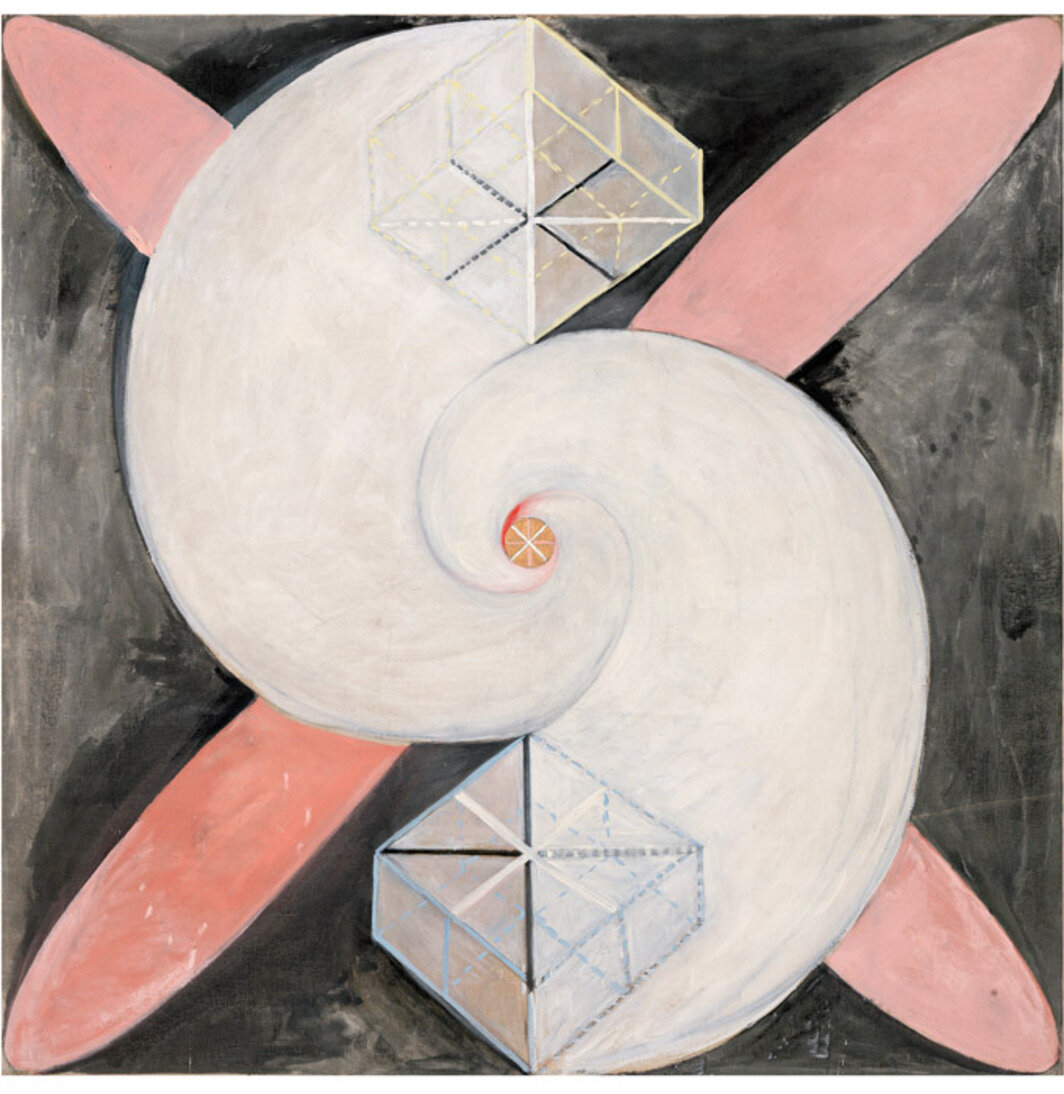Dear Wes Anderson,
There’s a thing Feliz didn’t mention. Let me explain or at least narrate:
We left Crestline quickly and got our lunch in Lake Arrowhead Village. It isn’t really a village, just a collection of shops and underdeveloped attractions with a free parking garage. Its got an ugly bit of walk by the lake and seems mostly bent on clouding up its natural beauty with commerce. Still, the lake itself is beautiful. They can’t take that away.
I’m straying though. I wanted to tell you what happened. We got lunch. We were eating lunch and a girl, a Rebecca who looked the part, asked us to check out this book of poems she was helping to publish. She wanted our opinion. Are we to be flattered that we look like the sort of strangers to have opinions about poetry?
This book though! It had love dipping her paintbrush into the colors of a heart, hot embraces from a nameless she, all manner of cheap profundity and would-be erotic cliche. What did we think of it? Did we have an opinion? The poem writer was sitting there looking at his fresh new MacBook. He was proud or indifferent. The girl was his personal assistant. Can you believe he had a personal assistant? Can you believe we had to critique for her on the spot?
And Wes, they wanted these poems to eradicate poverty in India! The plan was to sell the book to raise money to build a school in Bangalore and then to build more schools all over the whole global south. They didn’t say global south. They said other things. I don’t remember exact words always.
Do I need to tell you how hard it was to keep our voices pleasant? The poem writer sat there watching us and we were hoping it was all performance art. I can’t say poet in this context. The poem writer was a middle aged man. We didn’t think he read poetry. He has a plan to turn bad poems into good education. That would be some kind of alchemy wouldn’t it? When we asked about the plan for the book, he said his assistant was the project manager for it.
You might be used to PAs and project managers and the wedding of charity and personal ambition as a way to sell art. We did a lot of smiling. We tried to give constructive criticism. We tried to fish out the lines that accidentally hit home. They weren’t so much good as inoffensive.
But now the poems are going to build schools for women in India. Imagine! What if they build schools? Can you hate a book that builds schools?
Another thing: They were planning to send the book to the printer the next day. They didn’t want any critique at all. They wanted a blessing. It was Easter. The book’s cover was a pastel watercolor. They wanted our poetic benediction. They wanted our awe.
And just before this we had happened upon a mountain mass. We’d stood in the back of Our Lady of the Lake and then walked the stations of the cross that had been set up by the shrine to Our Lady of Fatima. Feliz told me the story behind it, how the peasant children had seen the Virgin Mary appear before them, how the eldest, Lucia, was the source of her (Feliz’s) middle name. We stood in the back of the church and smelled like campfire. A child in front of us played air guitar. And then we descended to the lake itself, to the unwanted book of poems.
Did you know that that part of the country is called The Rim of the World? That’s even what the high school is named. Rim of the World. I wish the poems had been titled something like that. Instead they were just called in.
And what about you Wes? Where’ve you been lately? Who’s accosted you on your travels? Have you ever had to smile through a stranger’s take on romantic verse?
Yours Truly,
Ben


